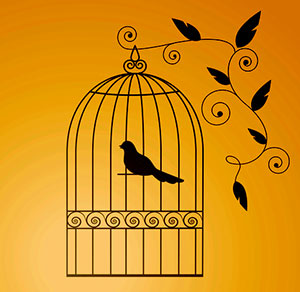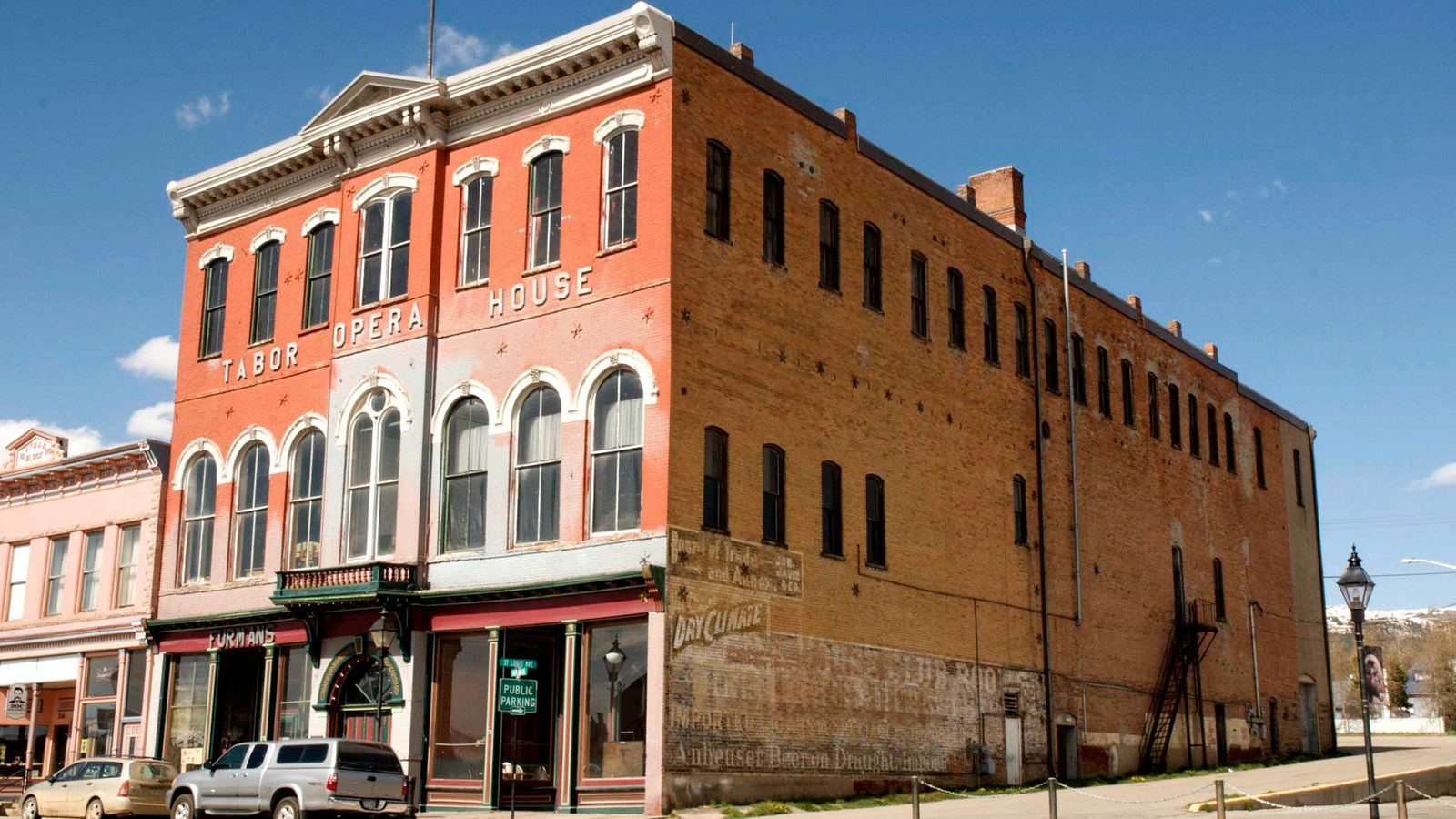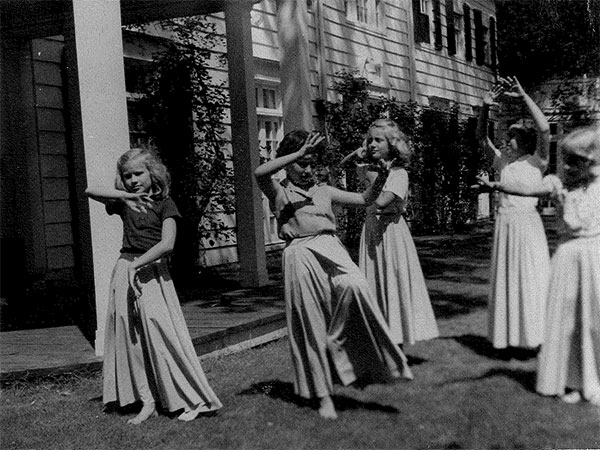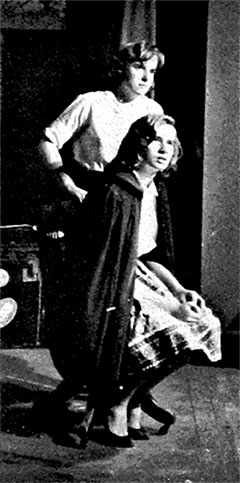 Liza, how did a dead canary inspire you to write this novel?
Liza, how did a dead canary inspire you to write this novel?
Vaudeville has fascinated me since I was a small child. That’s when my father told me the romantic story about my great-grandmother, Carrie Lebo. She stole away from home in the night to elope with a vaudeville musician, leaving her pet canary behind. The family found the bird dead in its cage the next morning and declared it a bad omen.
William Patton, Carrie’s sweetheart, was a charming red-headed violinist. Carrie had a lovely voice and played the piano. The couple sang and played with a vaudeville troupe that moved from town to town, performing in small theatres. They had two children: a son; and my paternal grandmother, Thelma June.
The couple’s elopement created a scandal in the small town of Shreve, Ohio, as did their divorce a few years later. Growing up, I often asked my grandmother about her parents. She told me that Carrie loved to sing, and that she was a skilled seamstress and music teacher. Although my grandmother had inherited her parents’ love of music (she also played piano), she refused to speak about her father, except to mention his red hair, and the fact that he seldom visited. Sadly, she was ashamed of her parents’ history.
For my grandfather George Ketchum, who started working when he was eleven, vaudeville was the only entertainment he could afford on his meager earnings. From the time I was four or five, Grandpa and I sang vaudeville songs together. He taught me silly, off-color tunes such as “Everybody works but Father, he sits around all day,” (here’s Groucho Marx singing it) and “There lay Brown, upside down, lapping up the whiskey off the floor.” Grandpa described what it was like to sit in the cheapest gallery seats, high above the stage, enjoying the shows with a rowdy audience.

From the National Trust for Historical Preservation, credit: Huw Webber
Thanks to my grandparents’ stories, I wondered: what was life like for vaudeville performers of all ages and backgrounds? One summer, while driving across the country, I stopped in the town of Leadville, high in Colorado’s Rocky Mountains, and visited the Tabor Opera House, which has been restored to its former grandeur. As my footsteps echoed in the quiet aisles, I looked up at the empty stage, with its beautiful forest backdrop, and tried to imagine the theatre packed with miners and other residents who were grateful for entertainment in their remote mining town. Since my grandmother couldn’t—or wouldn’t—tell her parents’ story, I decided to invent one myself.
[post_footer_TLF]


